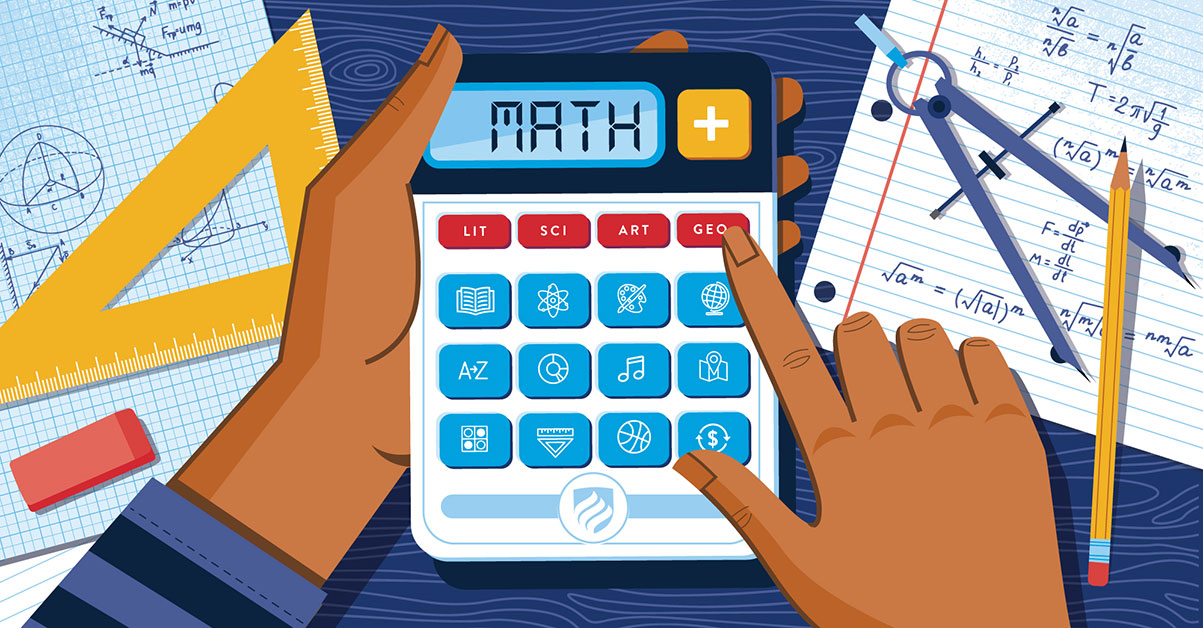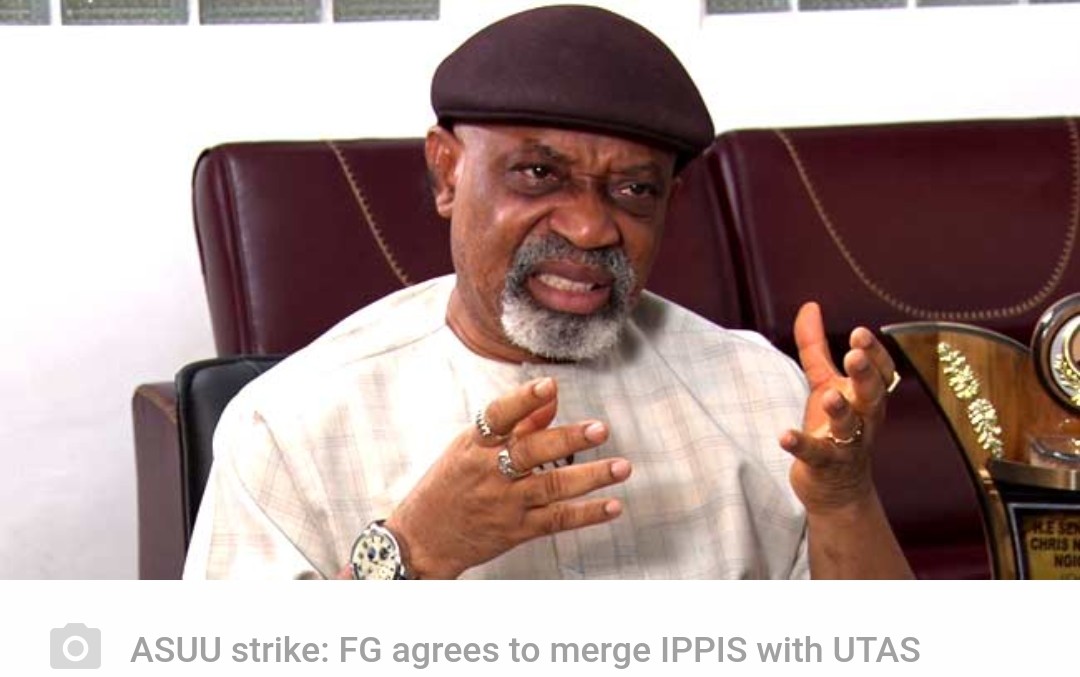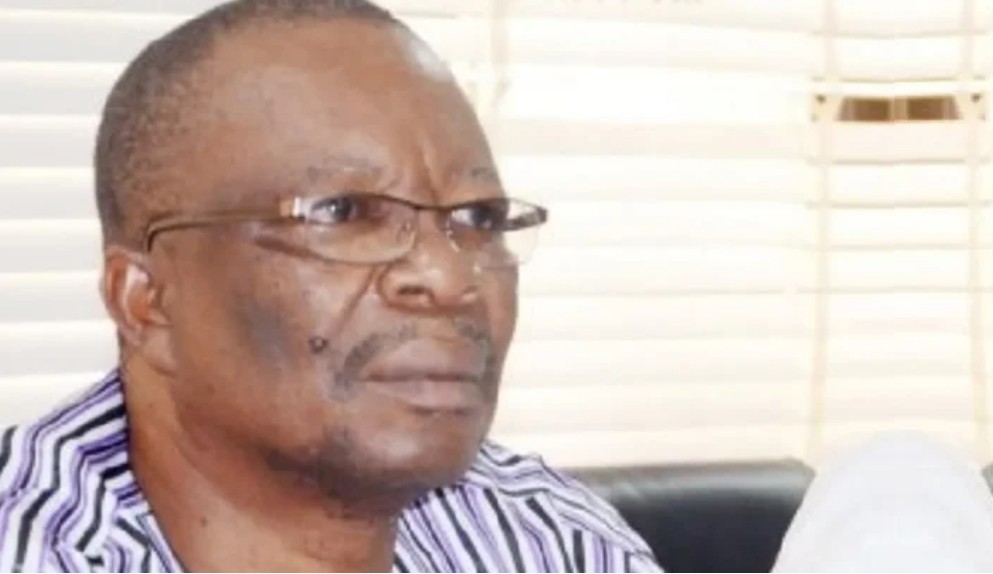Home > Education > FG Approves New Admission Rules, Drops M...
FG Approves New Admission Rules, Drops Mathematics for Arts Candidates
By AnchorNews | 15 Oct, 2025 08:35:13am | 298

By Sandra Ugwu | Abuja
The Federal Government has approved a major reform of tertiary admission requirements, announcing that Mathematics will no longer be compulsory for students seeking admission into Arts-related courses.
The policy, endorsed by the Minister of Education, Dr. Tunji Alausa, follows the approval of the National Guidelines for Entry Requirements into Tertiary Institutions in Nigeria. According to the Ministry of Education, the reform is designed to broaden access to higher education and promote inclusivity in line with President Bola Tinubu’s Renewed Hope Agenda.
In a statement signed by Boriowo Folasade, Director of Press and Public Relations at the ministry, the government said the new framework replaces outdated admission rules that have long denied many qualified candidates entry into tertiary institutions.
“Our goal is fairness and opportunity. No capable student should be denied admission because of obsolete requirements,” Dr. Alausa said.
Under the new guidelines, Mathematics remains mandatory for Science, Technology, and Social Science programmes but is no longer required for Arts disciplines. The policy applies to universities, polytechnics, colleges of education, and Innovation Enterprise Academies (IEAs) across the country.
Key Highlights
-
Universities: Five (5) credit passes in relevant subjects, including English Language, obtained in not more than two sittings.
-
Polytechnics (ND): Four (4) credits including English for non-science courses; Mathematics remains compulsory for science programmes.
-
Polytechnics (HND): Five (5) credits including English and Mathematics.
-
Colleges of Education (NCE): Four (4) credits; English compulsory for Arts and Social Sciences, Mathematics for Science and Vocational programmes.
-
IEAs: Same requirements as Polytechnics for ND-level programmes.
The government also approved the abolition of the National Innovation Diploma (NID), which will be replaced with the National Diploma (ND) to ensure uniformity and credibility of qualifications.
The National Board for Technical Education (NBTE) has been instructed to re-accredit all IEAs in line with the new standards, with a warning that non-compliant institutions risk losing their accreditation.
Dr. Alausa said the reform could enable an additional 250,000 to 300,000 students to gain admission annually, easing the long-standing admission gap.
“This is a new dawn for our education system. We are opening doors for more young Nigerians to learn, innovate, and contribute meaningfully to national growth,” he added.
The Ministry reaffirmed its commitment to equity, inclusion, and youth empowerment, describing the reform as a step toward a more flexible and responsive higher education system.

Leave a Reply
Your email address will not be published. Required fields are marked *
Category
 Business & Economy
Business & Economy Politics
Politics News
News.jpeg) Interviews
Interviews Entertainment
Entertainment Technology
Technology Religion
Religion  Education
Education  Health
Health Sports
Sports  Opinion
Opinion Crime & Security
Crime & Security Culture & Tourism
Culture & Tourism